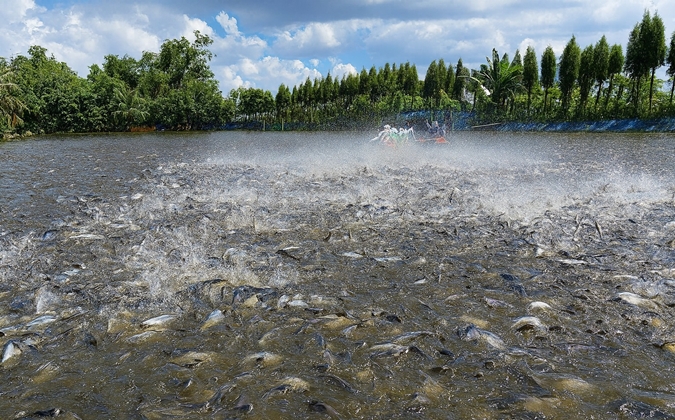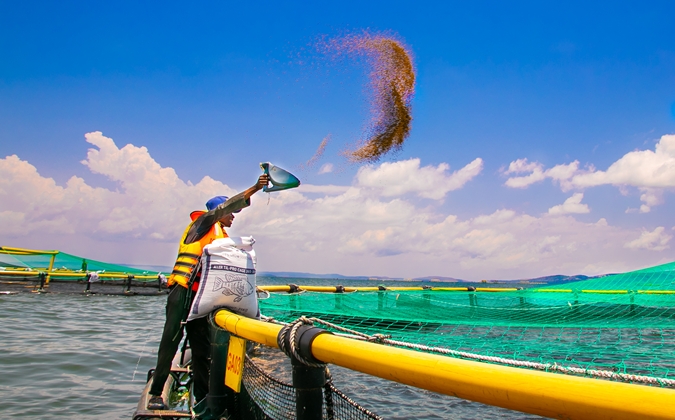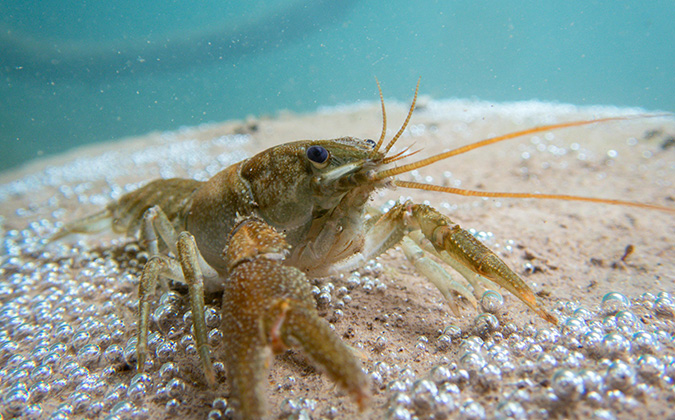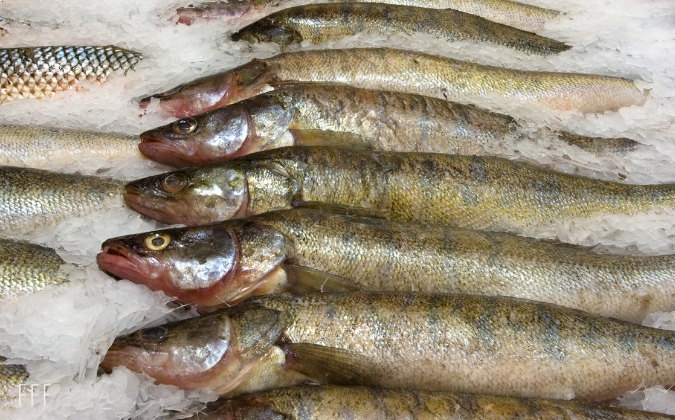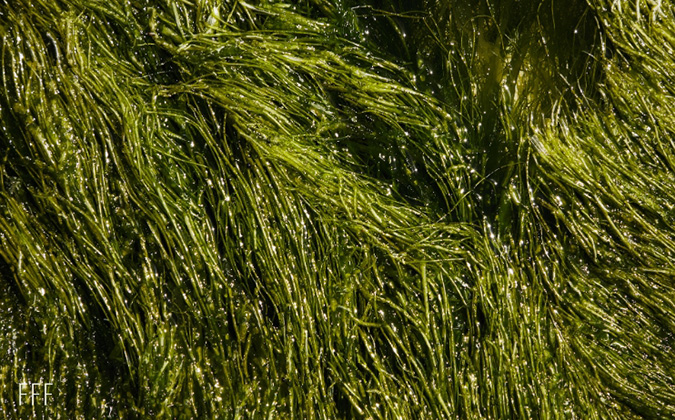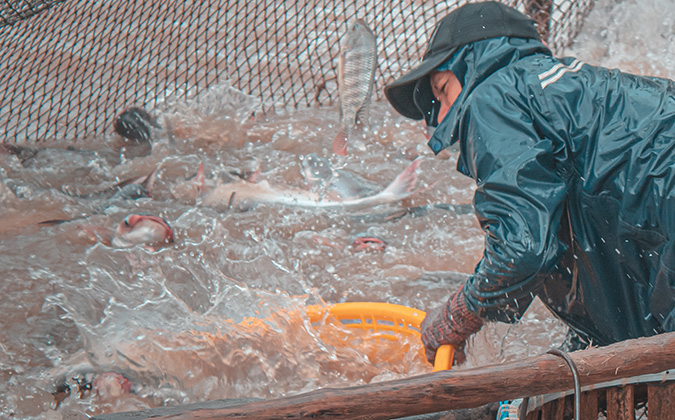
Understanding, but not application, of sustainable health measures in Vietnam’s pangasius industry
Pangasius farmers in Vietnam generally view vaccination in a positive light and are concerned about antibiotic use, although further work is required to ensure sustainable practices are widely implemented, new research led by University of Stirling suggests.
In the survey of 400 Vietnamese producers of the catfish, the perceived necessity of vaccines outweighed concerns about their use, yet only 67.6% said they would definitely use them in the future. Meanwhile, concerns about antibiotic use outweighed their perceived necessity, but 88% reported using them.
“Although farmers generally expressed concerns about antibiotic usage and had positive views of vaccination, overall this did not translate into being certain they would use vaccines in the future,” the authors wrote in the journal Antibiotics.
Disease problems affect lives
Problems with antibiotic resistance have been strongly linked to practices in Vietnamese aquaculture.1 As alternatives to antibiotics, one vaccine is currently available (ALPHA JECT® Panga 2) against two bacterial pathogens affecting pangasius — Edwardsiella ictaluri and Aeromonas hydrophila — while chemical treatments for water are also used.
Farmers who reported more problems with disease in the study suggested it had a greater emotional impact on their lives, and they tended to have greater concerns about antibiotic use. However, they were also more skeptical about the necessity of vaccination, the researchers found.
“In contrast, farmers reporting a better understanding of fish disease also had higher beliefs in the helpfulness of treatment, reported fewer problems and worries regarding fish disease, and had fewer concerns about vaccination,” they noted.
Removing barriers to vaccination
The scientists pointed to studies exploring vaccine hesitancy in humans, which have found that while changing attitudes can increase vaccine uptake, removing barriers to ease access to the vaccination process may be more impactful. In the present work, difficulty in accessing vaccination programs was offered as a more significant reason for lack of uptake than fear of adverse reactions.
Participants in the study were also asked about their preferred conditions for vaccine uptake. These were 80% effectiveness, the ability to treat bacterial conditions affecting pangasius known as red and white spot, delivery by bath and affordable price.
“Our findings suggest that interventions that highlight concerns about continued antibiotic use, reduce concerns and mistrust of vaccines…and increase the perceived necessity of vaccines, combined with greater familiarity and availability of vaccines, may be the most effective way to overcome vaccine hesitancy and increase appropriate use of vaccines by Vietnamese fish farmers,” they added.
You can read the full report in the journal Antibiotics.
1 Nguyen HNK, Van TTH, Coloe PJ. 2016. Antibiotic resistance associated with aquaculture in vietnam. Microbiology Australia. 37(3):108-11.
Posted on: August 23, 2022

